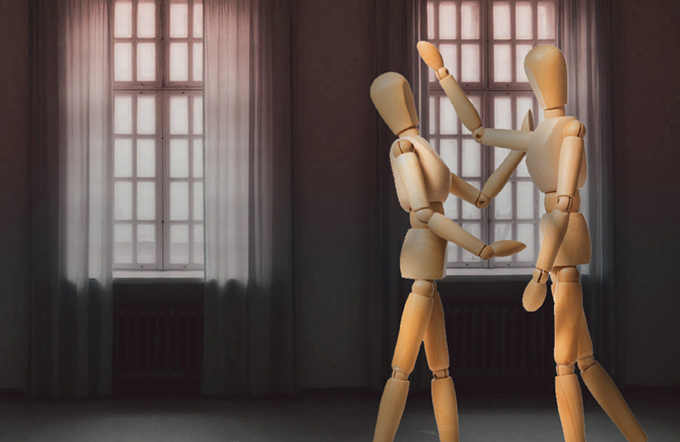Domestic Abuse & Violence

Are you worried about your safety or someone close to you?
Does your partner constantly put you down?
Does your partner control your movements and finances?
Does your partner force you to have sex when you do not want to?
Does your partner play mind games with you?
Do you worry that you may make your partner angry?
How we can help…
Anyone can be a victim of domestic abuse, regardless of gender, age, ethnicity, socio-economic status, sexuality or background. There are many different kinds of abuse, the most prevalent type of domestic abuse occurs in relationships. However, the definition of domestic abuse also covers abuse between family members, such as young person to parent violence and abuse and can span from emotional abuse, threats and intimidation to physical abuse
Long after a survivor has left an abusive relationship the associated trauma can cause an adverse ripple effect on their emotional and psychological state. Panic attacks, post-traumatic stress disorder, substance abuse, depression and anxiety are often ignited by domestic abuse and violence.
Trauma affects how you feel about yourself and how you relate to others. People who have gone through domestic abuse have a higher risk of developing a mental health condition, such as depression, anxiety, or Post-Traumatic Stress Disorder (PTSD) and can display symptoms such as flashbacks, intrusive imagery, nightmares, anxiety, emotional numbing, insomnia, hyper-vigilance.
We provide specialist support for adults and young people who have experienced or witnessed domestic abuse and violence to heal the mental, and emotional scars this causes.
Domestic Violence – Adults
Physical Abuse
Psychological/Emotional Abuse
Sexual Abuse
Financial Abuse
Coercive Control
Technological Abuse
If you have experienced any combination of the above this can have a huge impact on your mental health and well-being. It has been acknowledged that experiencing abuse is one of the major causes of depression, anxiety and PTSD. In addition to this, if you already have a mental health condition, your abuser may use this against you to further their control and abuse. Experiencing abuse can leave you feeling shamed and worthless and this can have a huge impact on your sense of self and future relationships with others.
Domestic Violence – Young People
Indicators
-
They may blame themselves and feel guilt and shame.
-
You may notice your child is very clingy or shows extreme shyness around others.
-
They may experience nightmares, loneliness or long periods of sadness.
-
They may withdraw socially and experience separation anxiety.
-
They may demonstrate a fear of strangers or a fear of others who are of the same gender as the abuser.
-
They may develop general fearfulness, anxiety or phobias.
Internally a child may feel out of control, they may experience intrusive thoughts, develop an insecure attachment to their parents. They may ‘bunk off’ school, run away, have arguments with their peers, commit crimes or start using drugs and alcohol. Abuse can cause developmental delay, bed wetting, stomach aches, headaches, self-harm, suicidal ideation, dissociation or a child may display inappropriate sexual behaviour.
